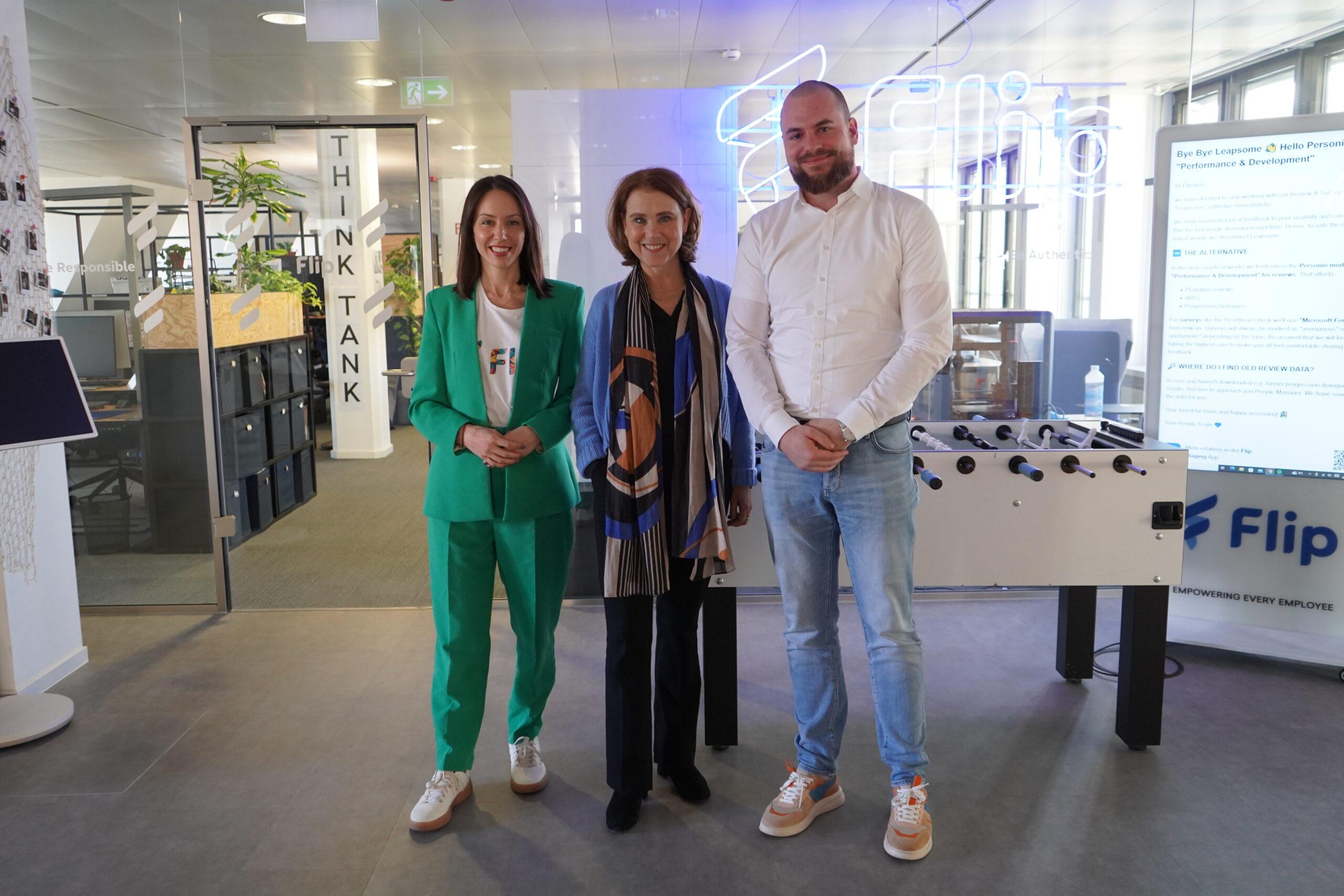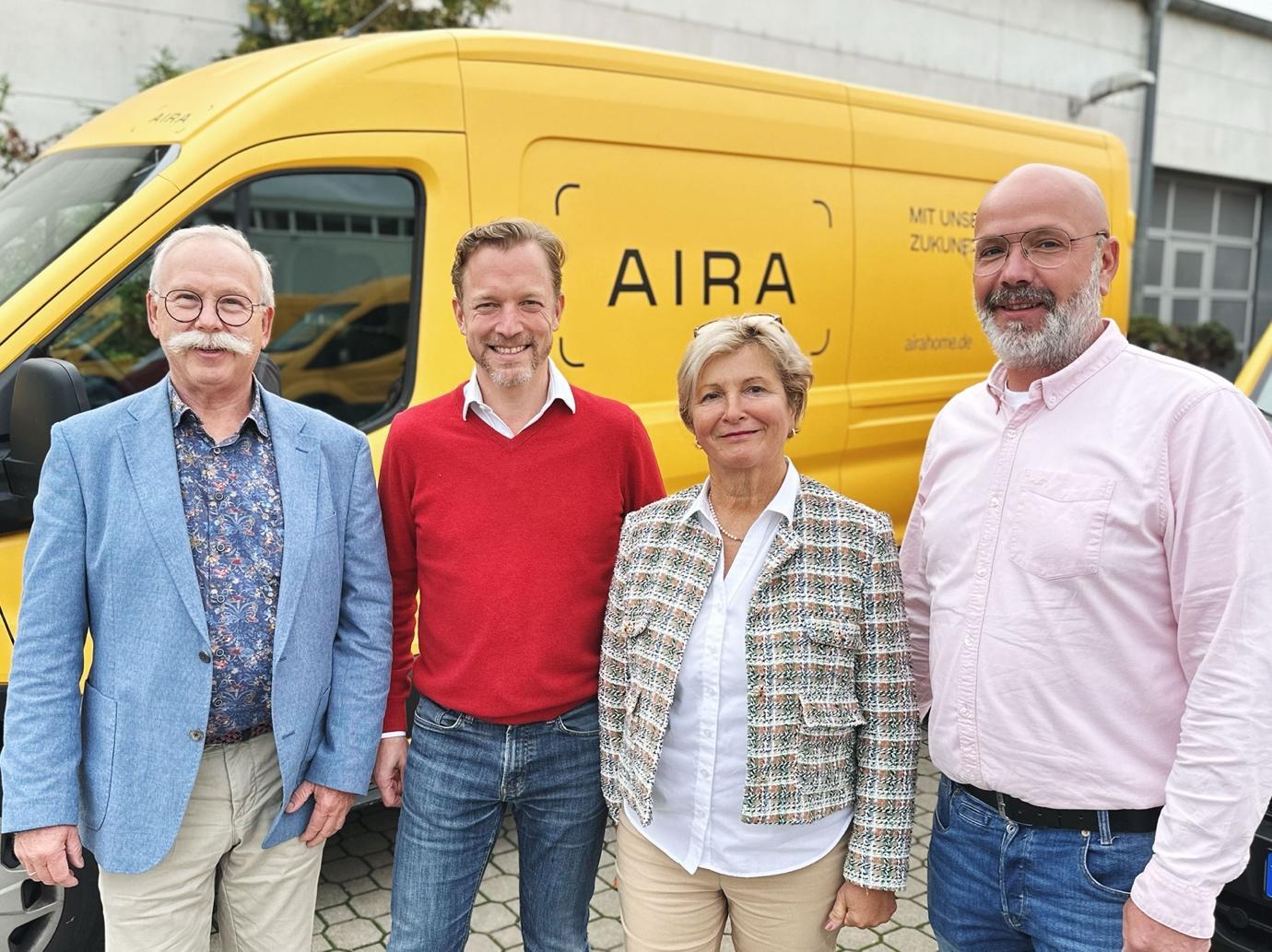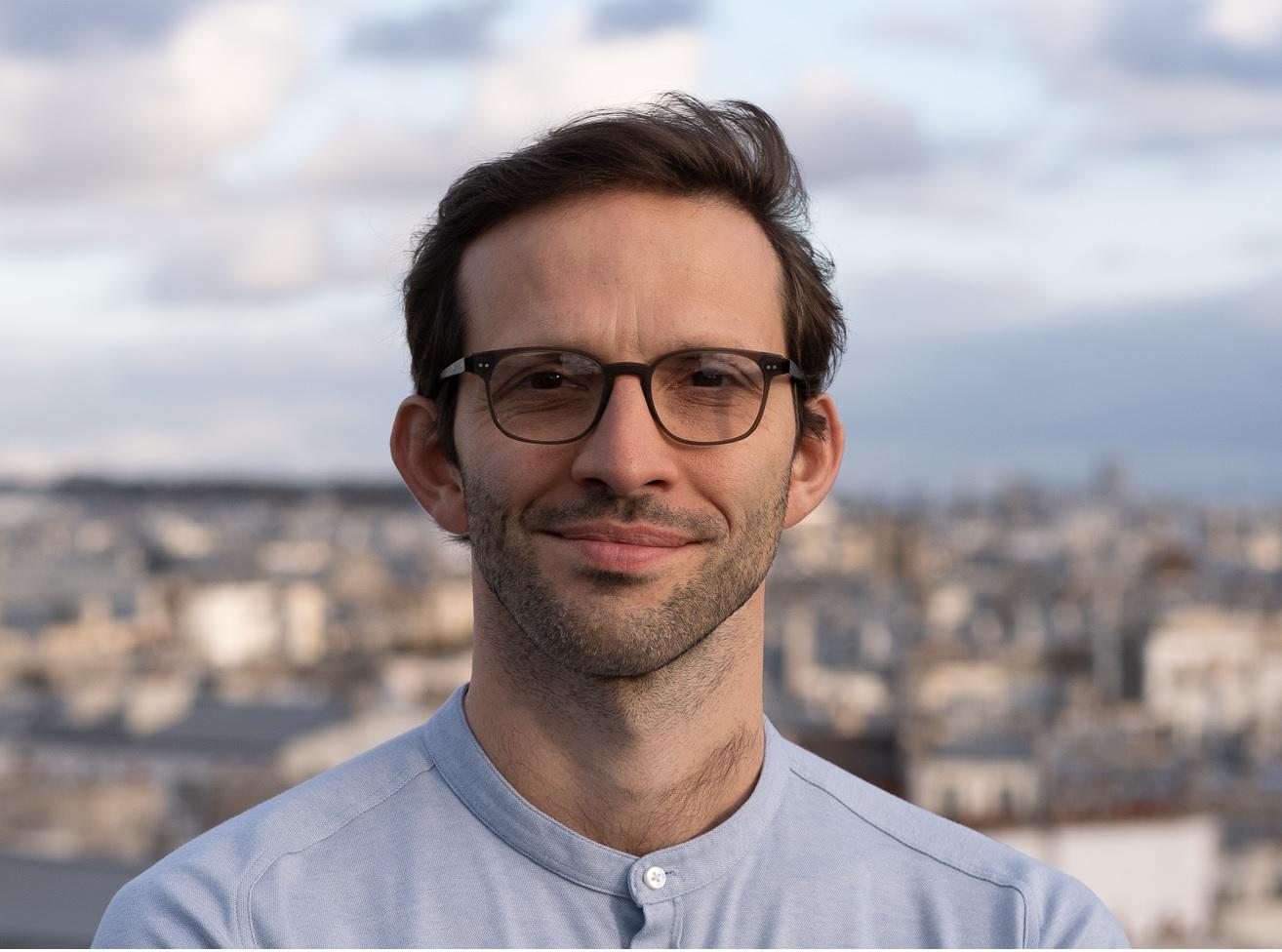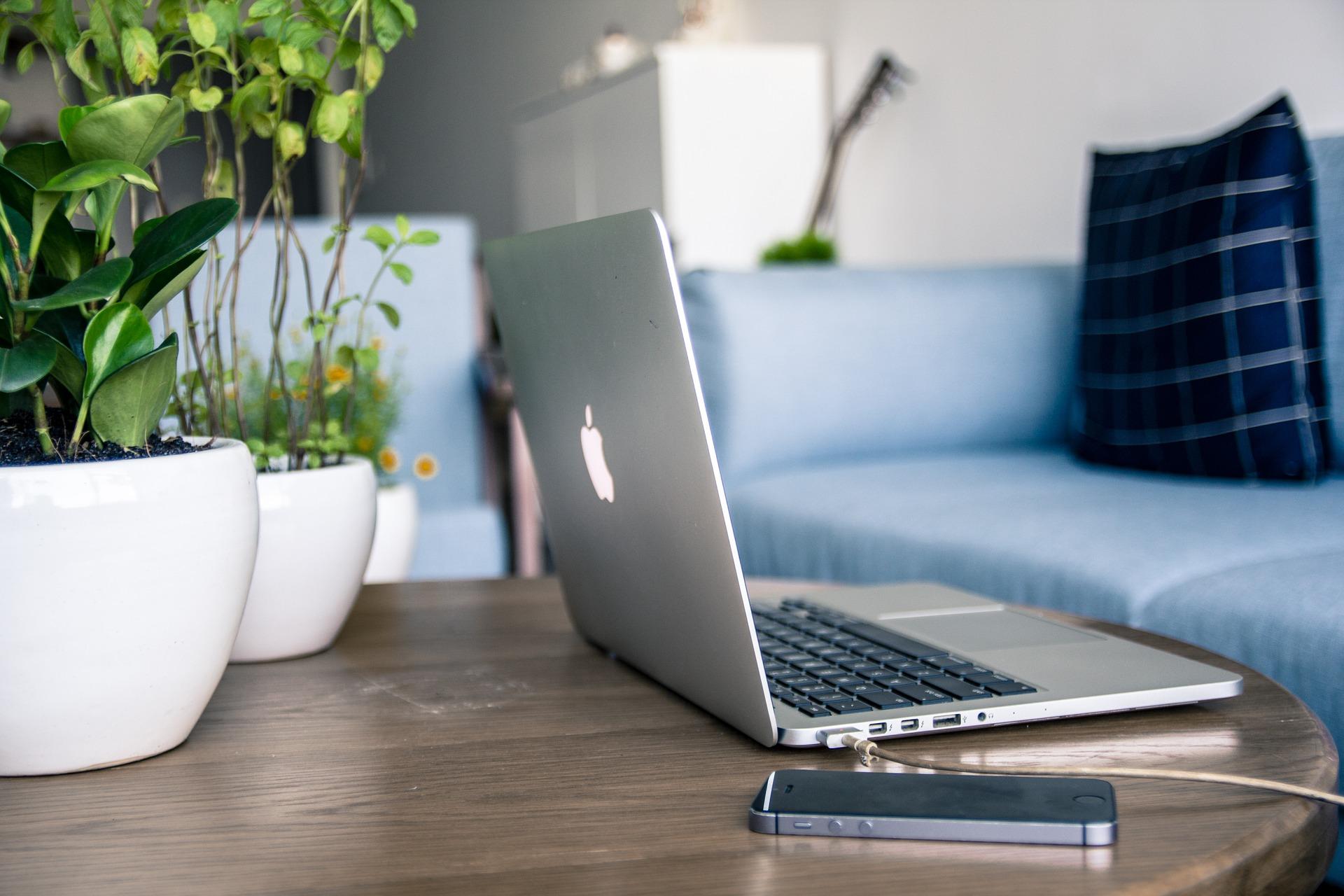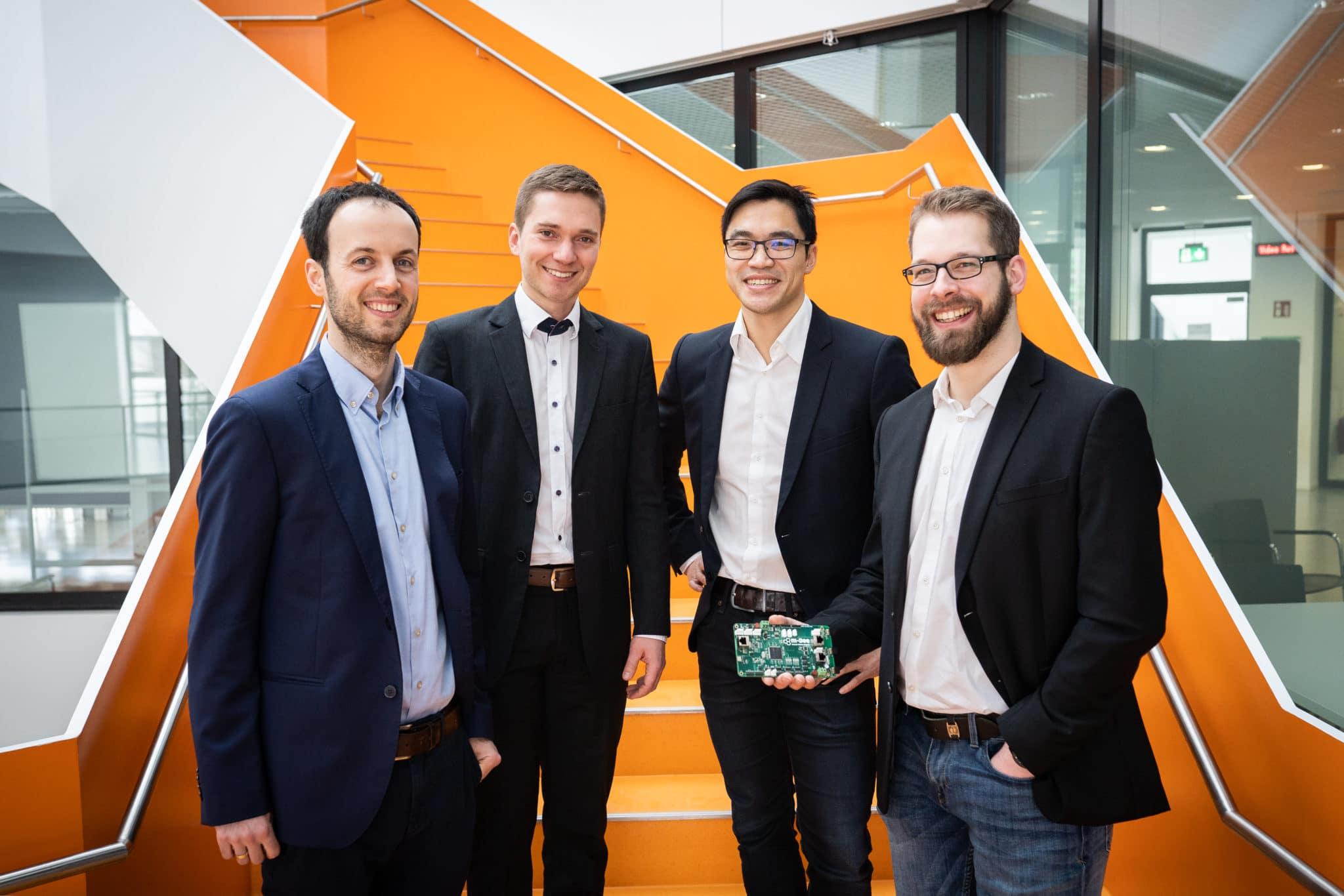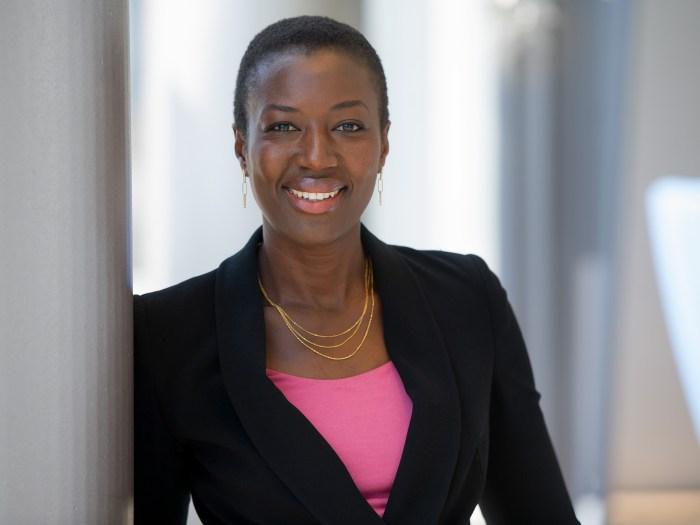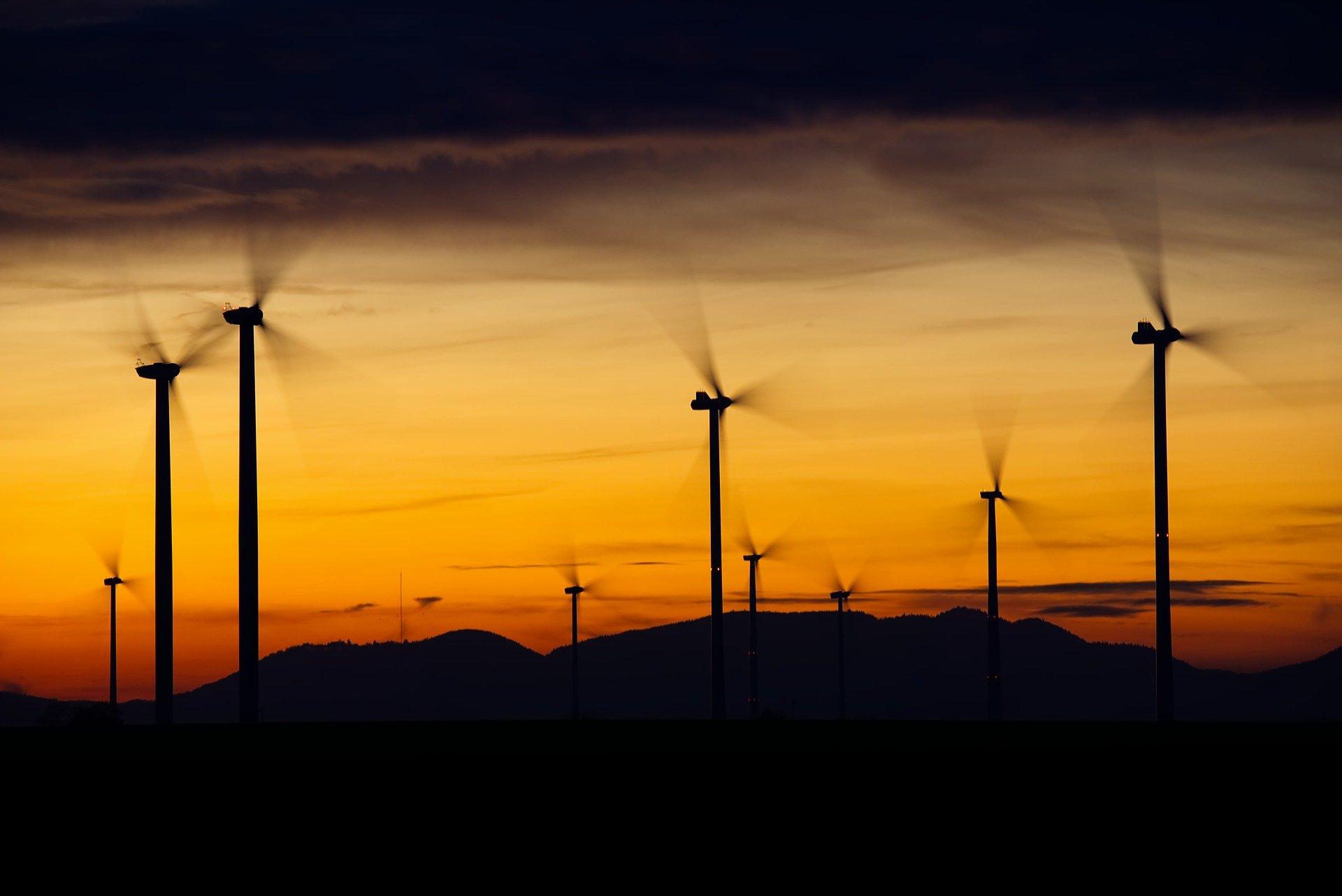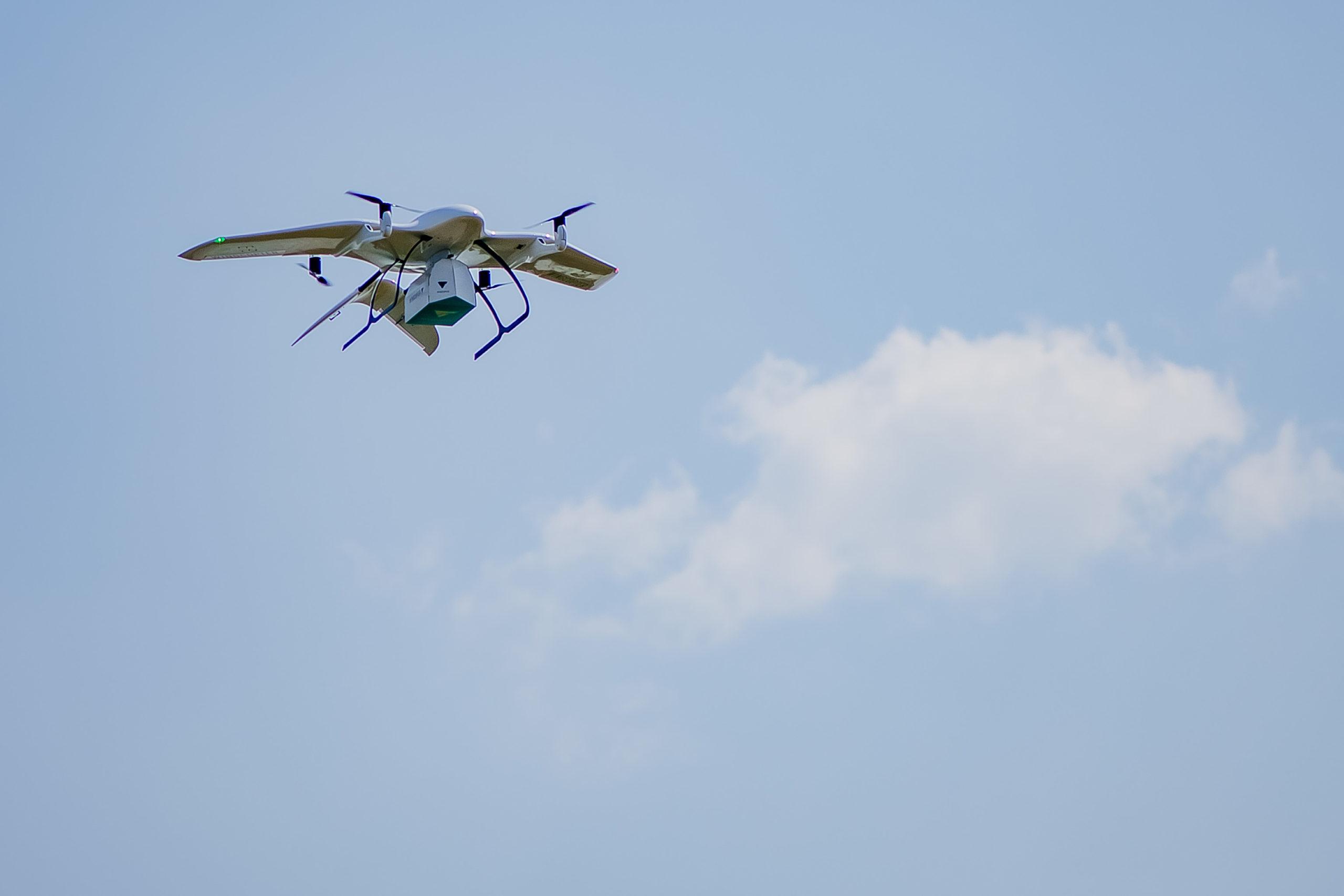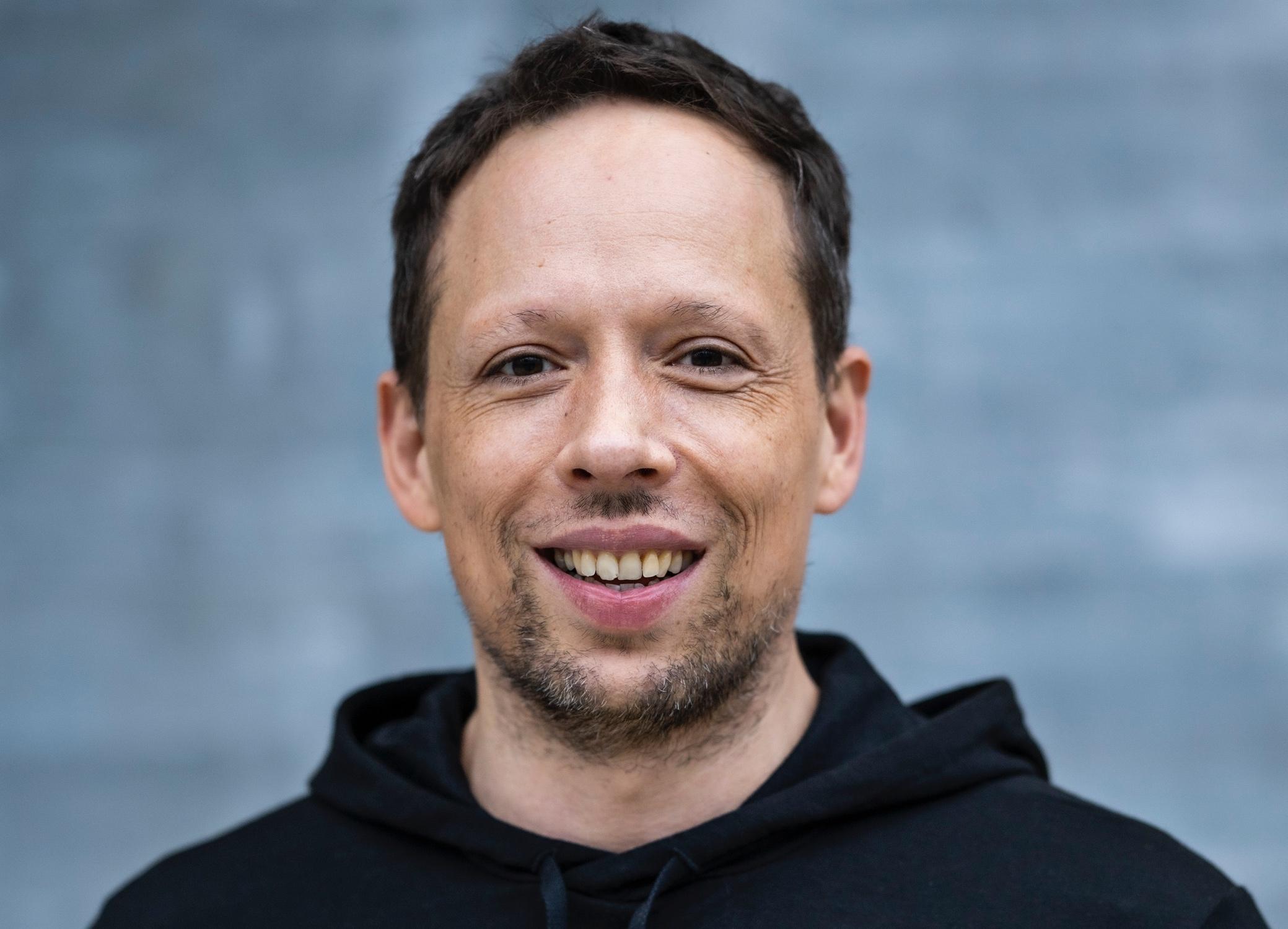"We want to supply 400 million people"
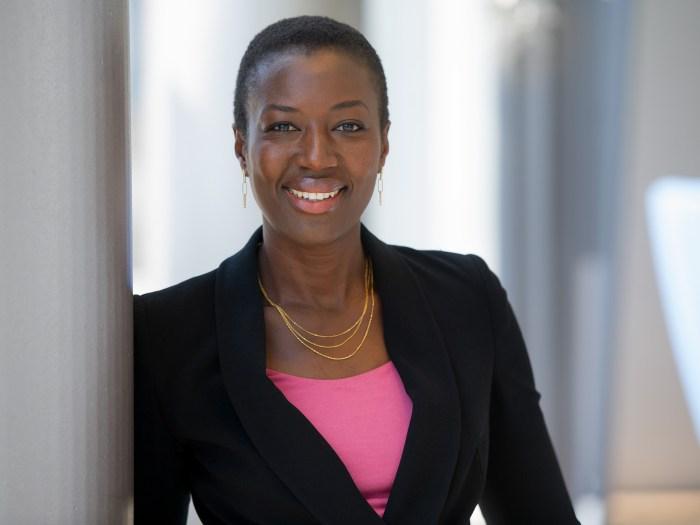
Kowry Energy founder Ndiarka Mbodji explains how her start-up manages projects in southern Africa from thousands of kilometers away and the importance of local partners.
How can the energy supply in Africa be improved without relying on coal, gas and nuclear power? The Berlin start-up Kowry Energy believes it has found a solution. With the help of European investors and local energy suppliers, it wants to generate electricity from renewable energies locally and thus supply around 400 million people in medium-sized cities. In this interview, founder Ndiarka Mbodji talks about the challenges in different countries, the difficulties of financing and what contribution projects like hers can make to climate protection.
Ms. Mbodji, with Kowry Energy you want to initiate energy supply projects in sub-Saharan Africa. What can a Berlin start-up achieve that large energy companies cannot?
Quite a lot. We are targeting a gap in the local energy supply. Large communities in sub-Saharan Africa are often connected to the local power grids. Then there are small villages with ten to 20 people that can be supplied with solar panels. However, medium-sized villages of 3,000 to 100,000 people have often been left out, for which neither solution is good. They often rely on little more than a few diesel generators. Around 400 million people live in such communities, and we provide them with access to energy through our decentralized energy solutions.
Why aren't they simply connected to the grid?
Because expanding the grid is expensive, much more expensive than installing decentralized solutions on site. However, they would have to be installed there on a scale for which there has often been a lack of funding to date. We now want to change that. With our business model, we also offer to finance the systems.
What do you do differently from other players in the market?
The market is currently more focused on individual projects, which has two disadvantages. Firstly, this makes it impossible to provide local people with universal access to energy by 2030. Secondly, smaller projects are extremely difficult to finance because the so-called ticket size of traditional financiers is much higher. At Kowry Energy, we bundle the various projects. We currently have around 20 of them, with an investment volume of around 14 million euros. This approach enables us to achieve better purchase prices for the technology and, above all, to remove the financing hurdle for customers.
How do you coordinate the implementation of these projects from thousands of kilometers away?
We rely on local partners who know the local conditions. In this way, we avoid a whole series of problems that foreign investors usually have in this region. They start with the fact that the same solution does not work for every location in sub-Saharan Africa. We are talking about 48 different countries here! So it makes sense to talk to the local energy suppliers in each case.
Kowry Energy is fully committed to renewable energies, a field that has often been neglected in sub-Saharan Africa in favor of fossil fuels, for example. Do your partners have any experience with these technologies?
Where they don't, we support them. We don't just take care of the financing. We also design the systems and take care of the engineering. Our partners then primarily ensure that the electricity reaches the end customers reliably, for example. It is particularly important that the partners are rooted locally. This ensures that they are committed to the supply in the long term and do not drop out once the project has been implemented.
Technically, such projects are probably more demanding than comparable projects in Europe.
The requirements are different. For example, we have to take more extreme weather conditions into account. But the issue of maintenance is also very important. Our energy systems are often located in remote areas. In the past, a technician would have had to drive by every two weeks to check that everything was working. Thanks to modern technology, they can now monitor and analyze problems on the computer and even rectify them if necessary. That is much more efficient.
And how does Kowry earn money from these projects?
We receive leasing rates for providing the technology, which is asset-as-a-service, so to speak. Initially, this covers our costs. But quite honestly, we're all about building a sustainable economy where we, our customers and the end customer can benefit from access to energy and be economically successful. But of course it's also about more than money.
What is it?
I am convinced that, in order to combat climate change, it is essential to involve the more than one billion people in the sub-Saharan Africa region, both those in our target group and those in small and large towns. On the one hand, the countries there need a better power supply. If only so that small and medium-sized enterprises can develop locally. If you're constantly struggling with power cuts, you can't take care of growth. On the other hand, we have to make sure that they do not obtain this electricity from fossil fuels. To resolve this dilemma, we need to enable the financing of appropriate projects on the ground and implement them sustainably.
The 20 projects so far can only be the beginning. What happens next?
We will definitely try to initiate further funding in the near future. To this end, we have now secured a strategic investor in Rolls-Royce Power Systems, for example, which gives us financial leeway and inspires confidence in other investors. But we want to avoid rushing into things. We worked on our first project round for three years until we officially launched Kowry Energy this year.
Thank you for talking to us.
Personal details: Ndiarka Mbodji is the founder and CEO of Kowry Energy. She previously worked for the Rolls-Royce Group for 15 years, most recently as Director Business Development Africa for the Power Systems division. She also worked for the automotive suppliers Valeo and Faurecia. Mbodji studied chemistry and quality management in Toulouse and Rouen.

Newsletter
Startups, stories and stats from the German startup ecosystem straight to your inbox. Subscribe with 2 clicks. Noice.
LinkedIn ConnectFYI: English edition available
Hello my friend, have you been stranded on the German edition of Startbase? At least your browser tells us, that you do not speak German - so maybe you would like to switch to the English edition instead?
FYI: Deutsche Edition verfügbar
Hallo mein Freund, du befindest dich auf der Englischen Edition der Startbase und laut deinem Browser sprichst du eigentlich auch Deutsch. Magst du die Sprache wechseln?

